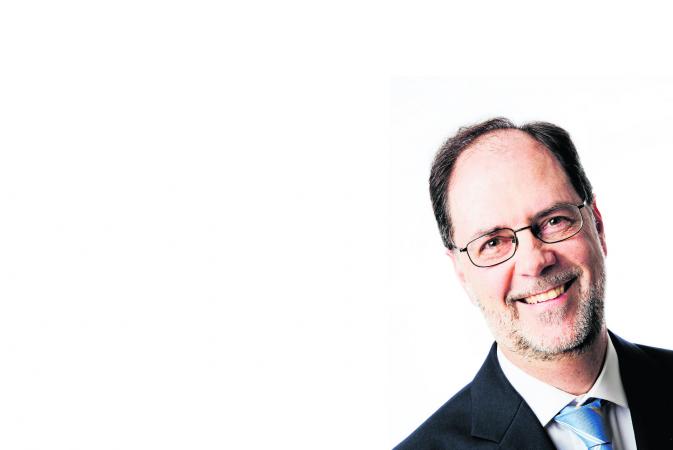
Foreign investment will slow down if current trends continue (Photo: Colourbox)
Danish companies have invested heavily abroad, and corporate facilities in many parts of the world have been visited by the Danish Royal Family, who willingly cut ribbons all over the world to show the strong Danish commitment to the international economy.
Different story at home
But here in Denmark, you often get the feeling that the commitment is not that deep-seated. ‘Bashing multinationals’ certainly seems to be a favourite pastime for many politicians, and the media happily plays along.
Their stories often insinuate that the foreign companies in general don’t pay taxes in Denmark, that they use illegal methods to dodge tax payments and that not paying tax is the same as cheating – without bothering to substantiate these outrageous and obviously false claims.
An uphill battle
So AmCham is clearly fighting an uphill battle! Fortunately, the basic facts are on our side.
Only 2 percent of all companies are foreign owned, yet they provide about 20 percent of all private sector jobs, 25 percent of private value added and 27 percent of all Danish exports.
Multinational companies on average pay a higher share of their income (and their turnover) in corporate tax than other companies.
And perhaps surprisingly – as AmCham’s annual Business Barometer, due to be released next week, will show – these companies are generally quite happy with being in Denmark. This is despite the fact that half of them every year consider moving investment abroad – almost exclusively due to the high cost of doing business in Denmark.
Investors aren’t vultures
So, while foreign investments in fact contribute massively to the well-being in Denmark, mainstream media portrays the investors as vultures preying on poor, little Denmark. Well, Denmark may be little, but she’s certainly not poor, and that’s very much because of the multinationals!
It is actually quite simple: if companies can’t make money in Denmark, they will not invest here. And if they don’t invest here, the result will be the loss of jobs, growth and welfare. That’s what being a small market economy is all about. Both politicians and journalists know this very well, and yet they see it in their own interest to toot a different horn. Sad really, when you think about it.















